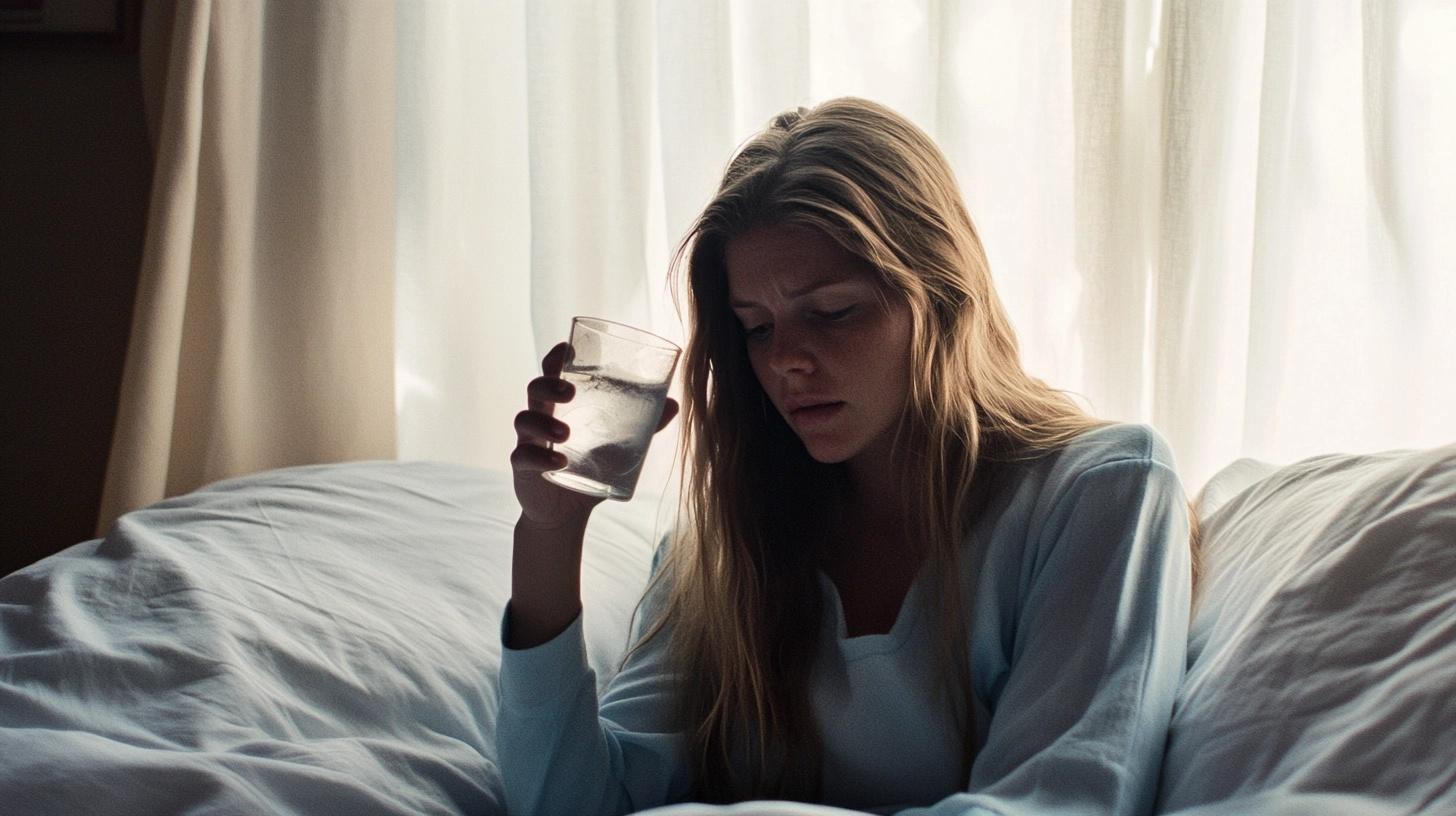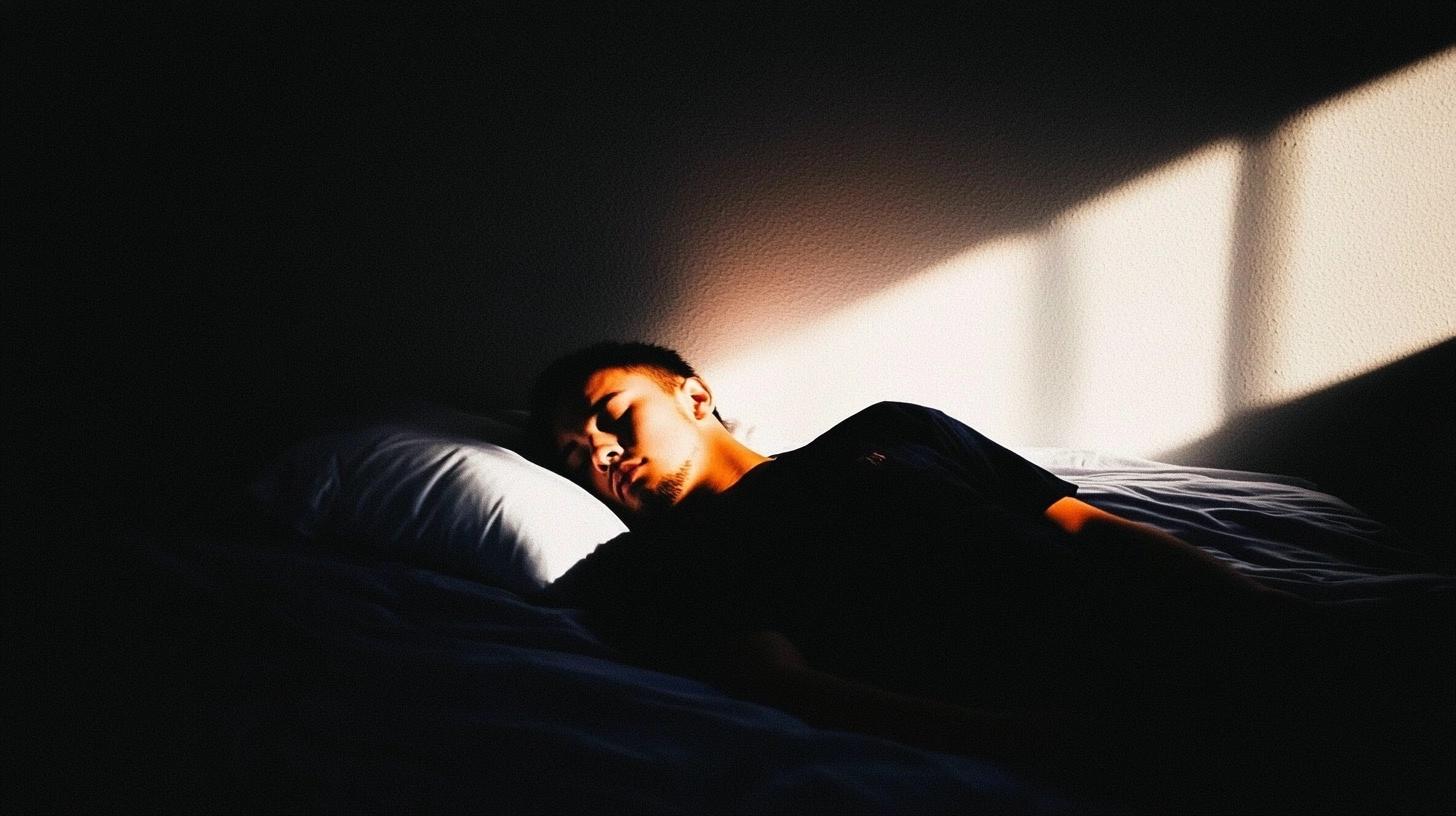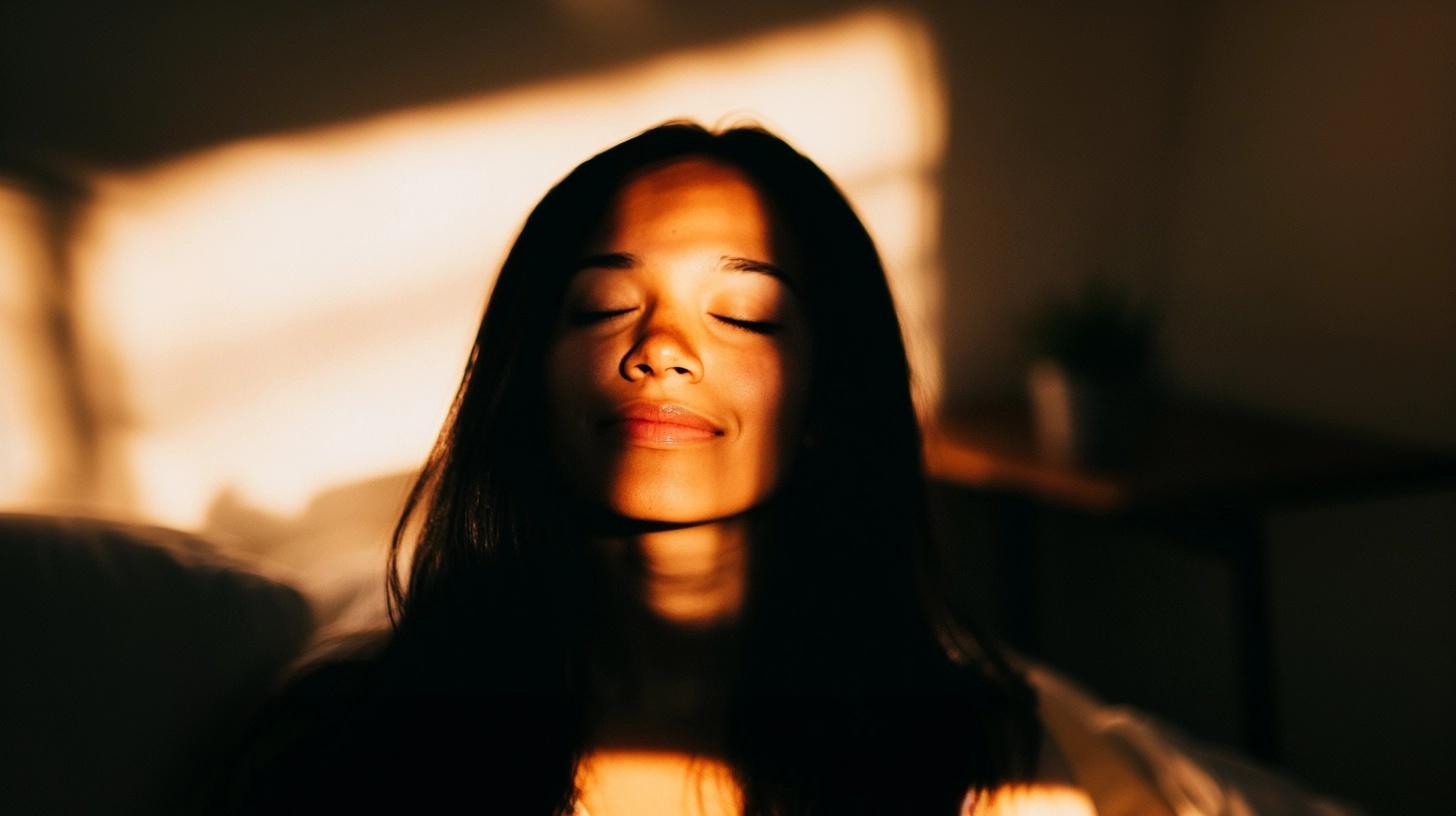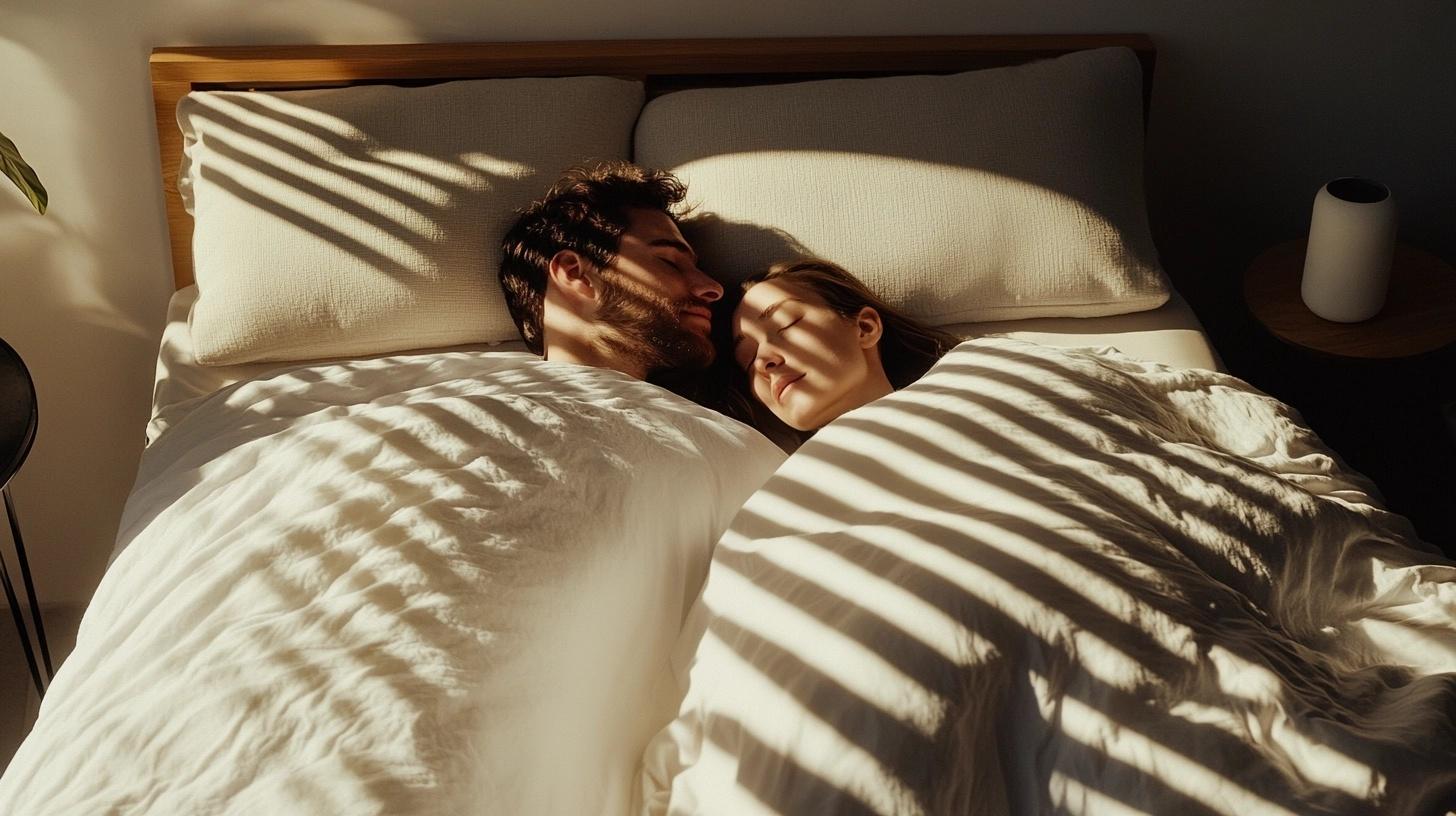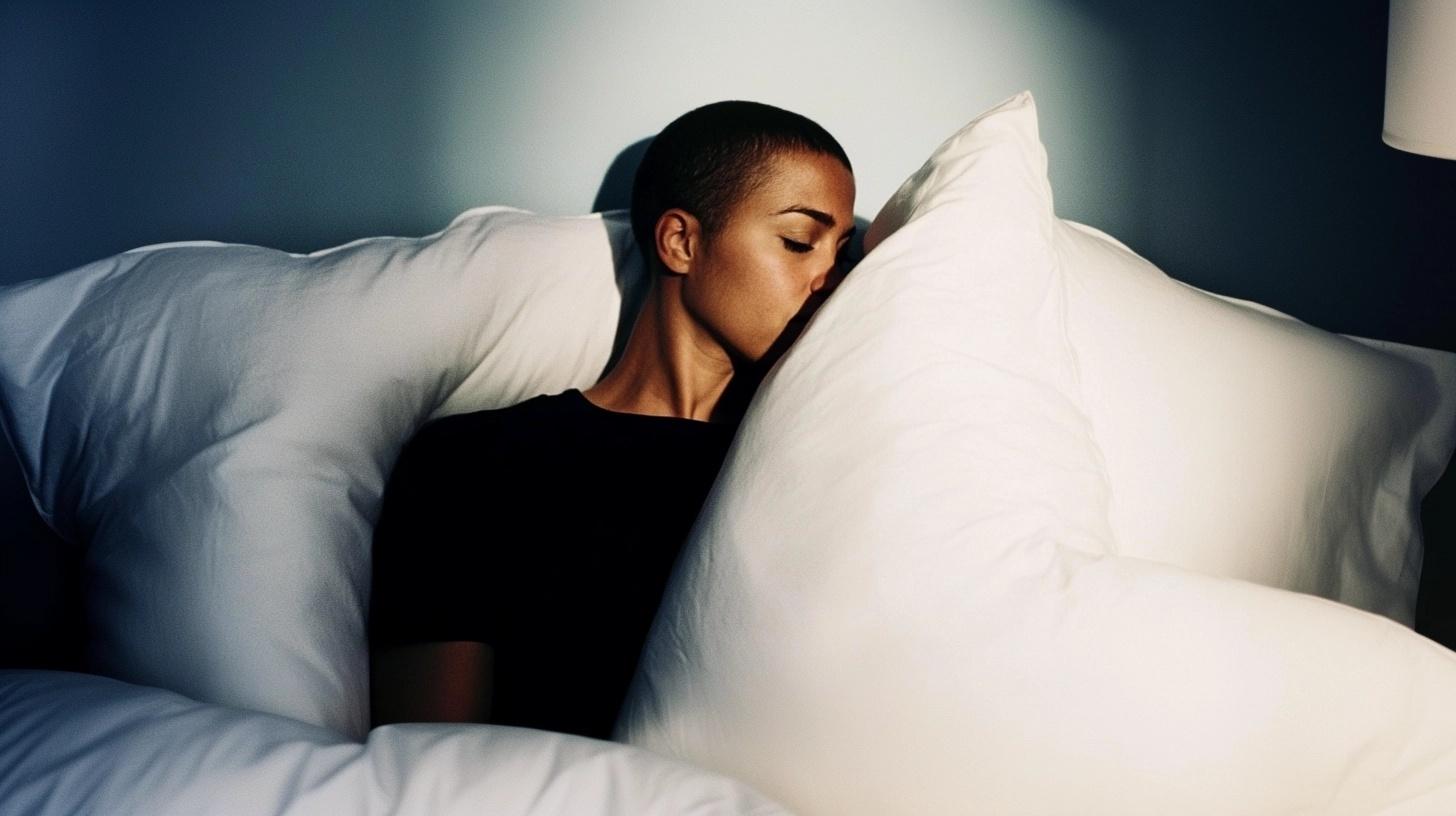Smelling sleepy - The scents that help you sleep
Published
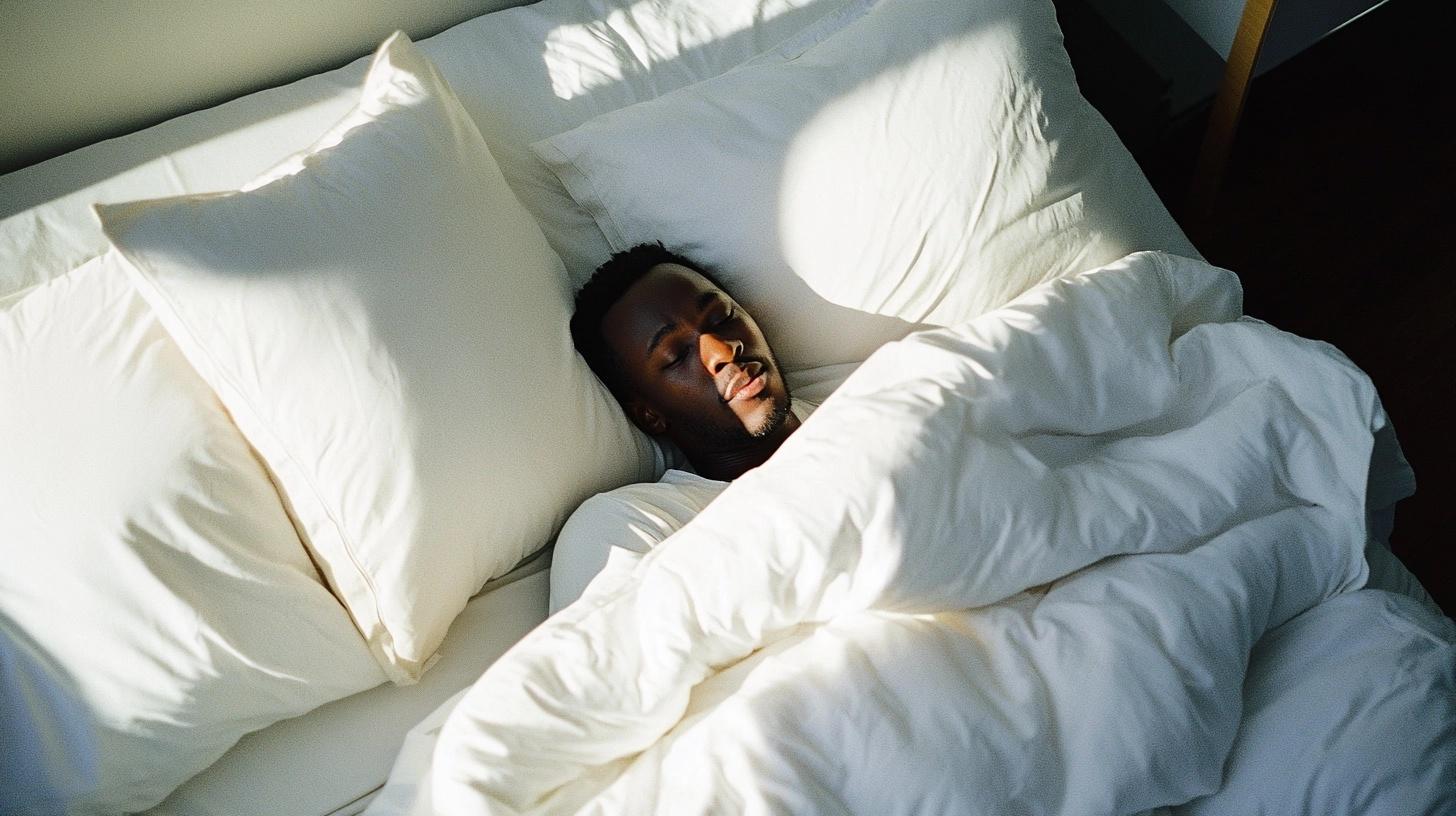
Certain scents trigger certain reactions in our body. But between pillow sprays, fabric softeners, candles, and a wide array of aroma roll-on sticks, what actually works? How can we use our sense of smell to improve our sleep quality?
Smell and sleep – a not so unusual friendship
At the Sleep Disorders Centre of the University of Heidelberg, participants were exposed to one of the following:
- the smell of flowers (pleasant smell)
- the smell of hydrogen sulfide (unpleasant smell)
- no smell at all.
The results were astounding, as they showed that there was a direct link between the participants’ dreams and the smell to which they had been exposed. Participants who were exposed to a pleasant smell had positive dreams, while the smell of sulfur led to bad dreams or even nightmares. The results were so clear that researchers went on to investigate the relationship between bad smells and nightmares.
From this study and many others, we learn that smell definitely affects sleep. Why? Simply because our sense of smell is controlled by the same part of our brain that manages our sleep.
These scents can help you sleep better
- Coffee: Yes, the smell of coffee may actually help you sleep better. According to researchers at UCLA, it can have a calming effect.
- Rose: In the right dose, the smell of roses can actually lower blood pressure and the number of breaths you take per minute, which makes falling asleep easier. Good news, as rose is already a popular scent and an easy one to introduce to your bedtime routine.
- Lavender: A classic, well-known as a soothing scent, lavender has been proven to lower anxiety, stress levels, pain and more by reducing your heart rate.
- Geranium: This aroma has a relaxing effect on the mood and is often named as a natural antidepressant. And how often do you lose sleep because you’re worrying or nervous about something? Geranium is a great way to soothe the mind and fall asleep feeling more content.
- Clary sage: Clary sage is different to regular sage, specifically regarding its effect on sleep, as it is considered to be more calming. A study also found clary sage had antidepressant effects for menopausal women. A good alternative for people looking for an earthier scent.
- Sweet marjoram: Once a staple fragrance of upper-class ladies, sweet marjoram is one of the most pleasant and classy scents around. There are multiple forms of marjoram, sweet marjoram being recommended specifically for insomnia due to its calming qualities.
- Jasmine: Another bedtime classic, you may recognize this scent from your cup of tea. Jasmine has a rather sweet scent that studies have linked to reduced anxiety levels and higher sleep quality. Jasmine is an easy-to-find plant, a simple addition to your nightstand if you find the smell enjoyable.
The list of sleep-benefiting scents goes on, from peppermint and chamomile to fight insomnia, to olive oil showing positive effects on sleep apnea. However, another interesting finding is that any scent you find pleasant will likely help you relax and therefore sleep better.
Researchers at the University of Maryland found scientific evidence to suggest that aromatherapy with lavender may slow the activity of the nervous system, improve sleep quality, promote relaxation, and lift the mood in people suffering from sleep disorders.
How to introduce scents to your bedtime routine
There are countless products to help you incorporate scents into your bedtime routine, but you don’t have to spend a lot of money to start testing which smells benefit your sleep most.
- Lavender and jasmine can be purchased as plants in most places and are easy, lightly-scented additions to your nightstand or bedroom windowsill.
- You probably have coffee at home, so why not put some in a bowl next to your bed and see how it affects your sleep?
- Sweet marjoram, clary sage and geranium are popular essential oils. Pop them into an aroma diffuser or a small bowl of water or dab them lightly onto your skin (wrist and neck) before going to bed to explore their effects. Smells too strong? Start by taking a bath with a few drops of essential oil before bed instead.
- Rose is the main scent in various air and fabric fresheners and candles. Try one of them to see if the smell helps you sleep.
- Of course there are products specifically designed for maximum scent effect on sleep, such as pillow spray. The choice is all yours.
A history of smelling
Biologists believe that the effect of smell on the brain is one of the most fundamental functions of the human body. The ability to react to smell had life-and-death importance for early Man. Smell fire? You run. Smell rain? You seek shelter. The smell cells in our nose are directly linked to the limbic system, which is among the oldest parts of the brain. The limbic system governs not just our emotions and behaviors but also our entire long-term memory.
So it’s not surprising to read that research has long proven that smell affects every aspect of our life, from what we dream about to how we spend our money.
A study in Las Vegas found that the amount of money gambled nearly doubled when a pleasant scent was sprayed around the gambling area.
Sleepy Scents: a natural way to enhance your sleep
Sleep scents offer a natural and effective way to improve the quality of your sleep. Whether you use essential oils, herbal sachets, or a bedside diffuser, there are many different ways to incorporate sleep scents into your bedtime routine. However, it’s important to choose high-quality, pure scents, and to use them in moderation to avoid overwhelming your senses. With the right approach, sleep scents can be a valuable tool in your sleep arsenal, helping you get the restful and rejuvenating sleep your body needs.
Are you ready to explore what smells calm you and can help you enjoy a good night’s rest? In the meantime, explore more bedroom hacks in the Sleep Cycle app.

